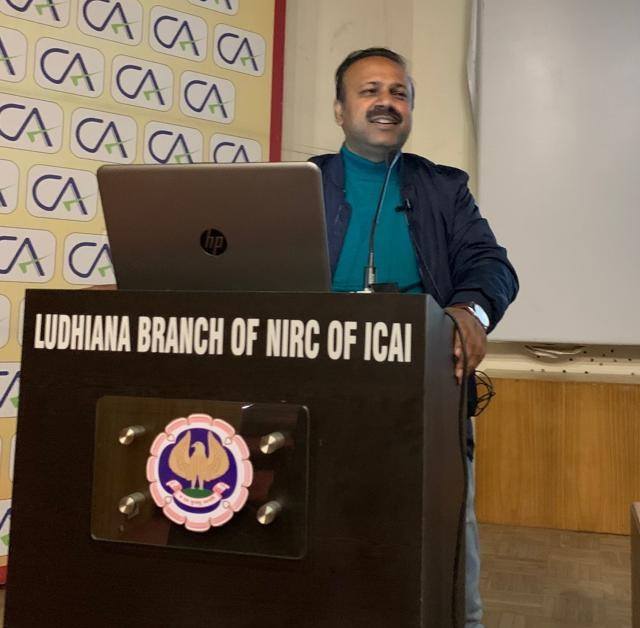Case Law Details
Case Name : Vasan Healthcare Pvt. Ltd. & Anr. Vs. Additional Commissioner Of Income Tax (Supreme Court)
Related Assessment Year : 2012-13 to 2015-16
Courts :
Supreme Court of India
Become a Premium member to Download.
If you are already a Premium member, Login here to access.
Sponsored
SLP on penalty for borrowing above Rs. 20000 dismissed by Supreme Court in the case of Vasan Healthcare Pvt. Ltd. & Anr. Vs. Additional Commissioner Of Income Tax where unaccounted money of the financer routed by the director through accounts of Assessee.
Introduction
Supreme Court in Vasan Healthcare (P.) Ltd. [2021] 125 taxmann.com 266 (SC) on 22-01-2021 dismissed the SLP filed by the assesse and after hearing both the sides refused to interfere the de
Please become a Premium member. If you are already a Premium member, login here to access the full content.
Sponsored
Kindly Refer to
Privacy Policy &
Complete Terms of Use and Disclaimer.





